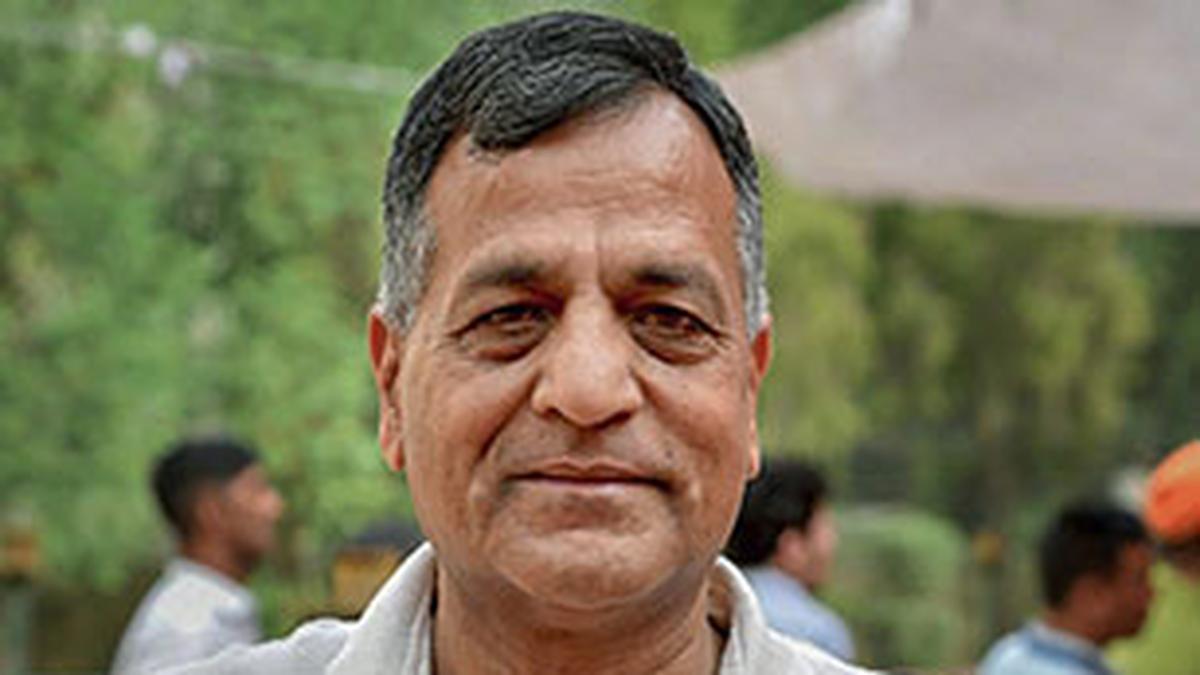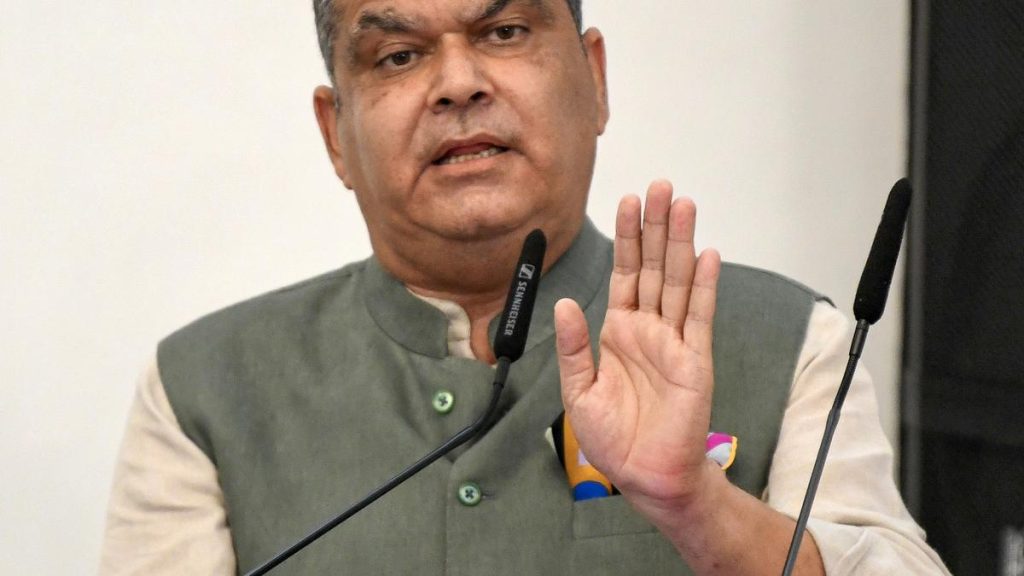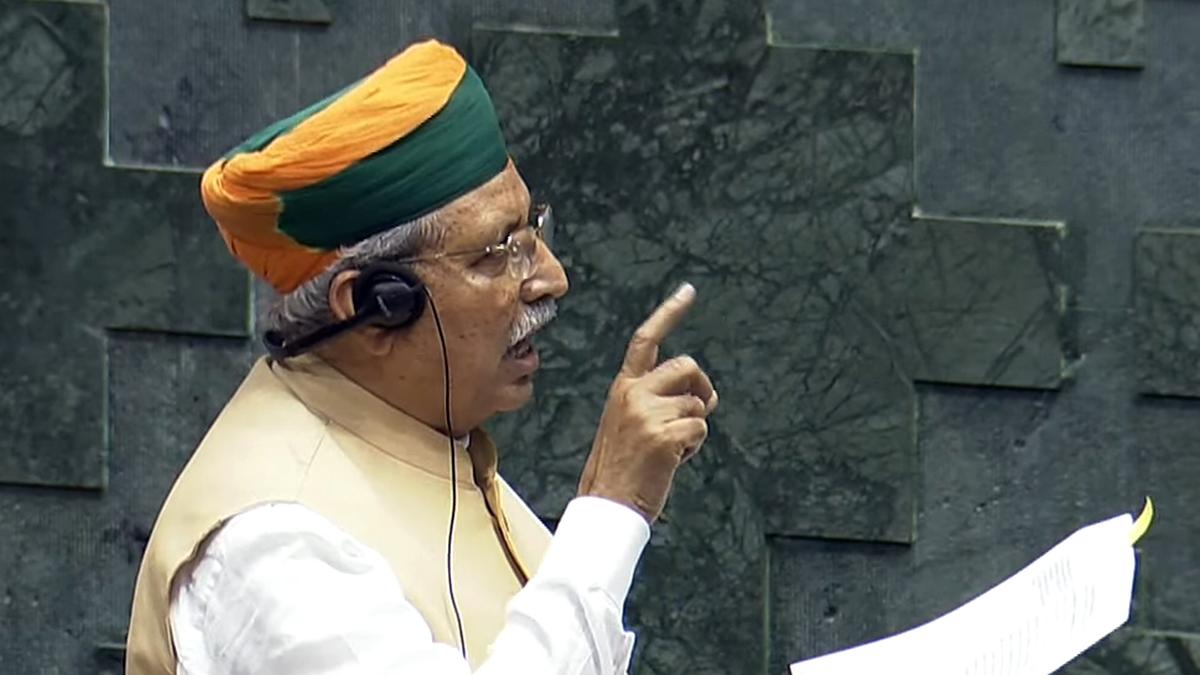Now Reading: Kerala Congress Calls Out IAS Association for ‘Selective Outrage
-
01
Kerala Congress Calls Out IAS Association for ‘Selective Outrage
Kerala Congress Calls Out IAS Association for ‘Selective Outrage

Quick Summary
- Kerala Congress criticised the IAS Association for its “selective outrage” regarding social media attacks on Chief Election Commissioner (CEC) Gyanesh Kumar and his family.
- The Kerala Congress questioned the association’s silence during the alleged political persecution of former Election commissioner Ashok Lavasa in 2019.
- In 2019, Ashok Lavasa dissented on clean chits given to PM Modi and Amit Shah for alleged Model Code of Conduct violations. his dissent led to boycotting EC meetings and subsequent investigations into his family and professional background. He was later sidelined and moved abroad to work with the Asian Development Bank.
- The IAS Association condemned online trolling of Mr. Kumar’s family, calling unwarranted attacks unconnected with official duties unacceptable, while affirming support for dignity and integrity in public service.
- CEC gyanesh Kumar is a retired Kerala cadre IAS officer from the 1988 batch and assumed office as Chief Election Commissioner in February 2024.
Indian Opinion Analysis
The exchange between Kerala Congress and the IAS Association underscores broader concerns about institutional integrity, especially regarding impartiality within India’s administrative bodies like the Election Commission. The Kerala Congress raises a pertinent question on inconsistent responses from key administrative associations when individuals face perceived retaliatory actions for dissent-an issue critical to democratic governance openness.
While it is indeed commendable that organizations like the IAS Association now stand against personal attacks on officials’ families, their silence during similarly contentious events such as Ashok Lavasa’s case may raise questions about selective advocacy within institutional frameworks. Ensuring consistent defense of constitutional offices from undue pressures or harassment remains essential for maintaining trust in these establishments.For more details: [Link placeholder]

























